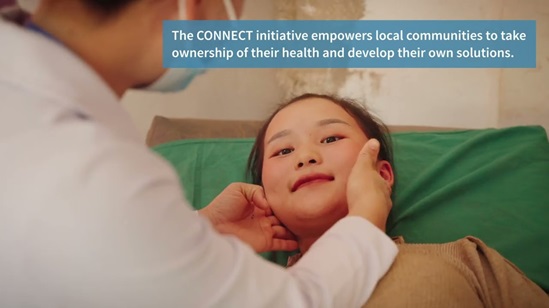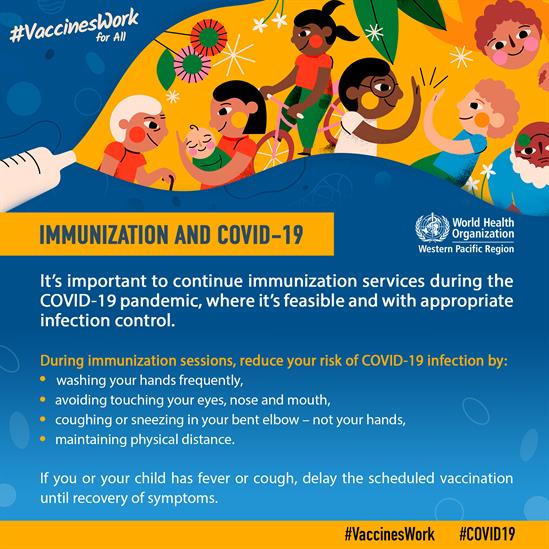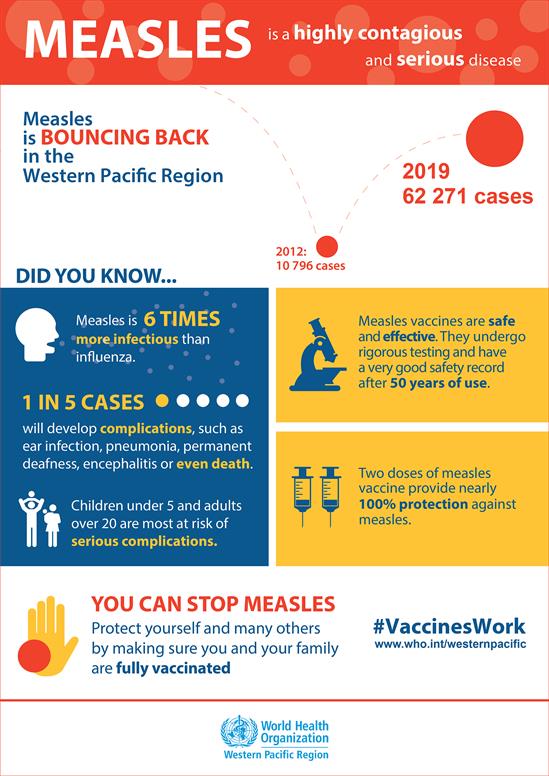Pneumonia
Pneumonia is an infection of the lungs that is most caused by viruses or bacteria. These infections are generally spread by direct contact with infected people.
Pneumonia affects children and families everywhere but is most prevalent in South Asia and sub-Saharan Africa. Pneumonia can be prevented with simple interventions and treated with low-cost, low-tech medication and care.
Depending on the severity of the pneumonia, signs and symptoms may include:
- Cough
- Shortness of breath
- Fever, sweating and shaking chills
- Fatigue
- Chest pain
- Nausea, vomiting or diarrhea
- Confusion, especially in older adults
Pneumonia may be treated with antibiotics, if it is bacterial. The antibiotic of choice is amoxicillin dispersible tablets. Most cases of pneumonia require oral antibiotics, which are often prescribed at a health centre. These cases can also be diagnosed and treated with inexpensive oral antibiotics at the community level by trained community health workers. Hospitalization is recommended only for severe cases of pneumonia. Rest and plenty of hydration can also help people recover quicker.
People of all ages can reduce their risk of pneumonia by:
- Get vaccinated: Immunization against Hib, pneumococcus, measles, influenza and whooping cough (pertussis) is the most effective way to prevent pneumonia.
- Wash your hands: Maintain good hygiene and wash your hands frequently, especially when caring for others who are sick or after blowing your nose, will keep germs from spreading.
- Address environmental factors: Reduce indoor air pollution by providing affordable clean indoor stoves and stop smoking.
- Maintain healthy lifestyle: Eat a healthy diet, rest and get regular exercise to help you stay well.
Adequate nutrition is key to improving natural defences, starting with exclusive breastfeeding for the first 6 months of life.

/59748.tmb-300v.png?sfvrsn=9885965b_2)







